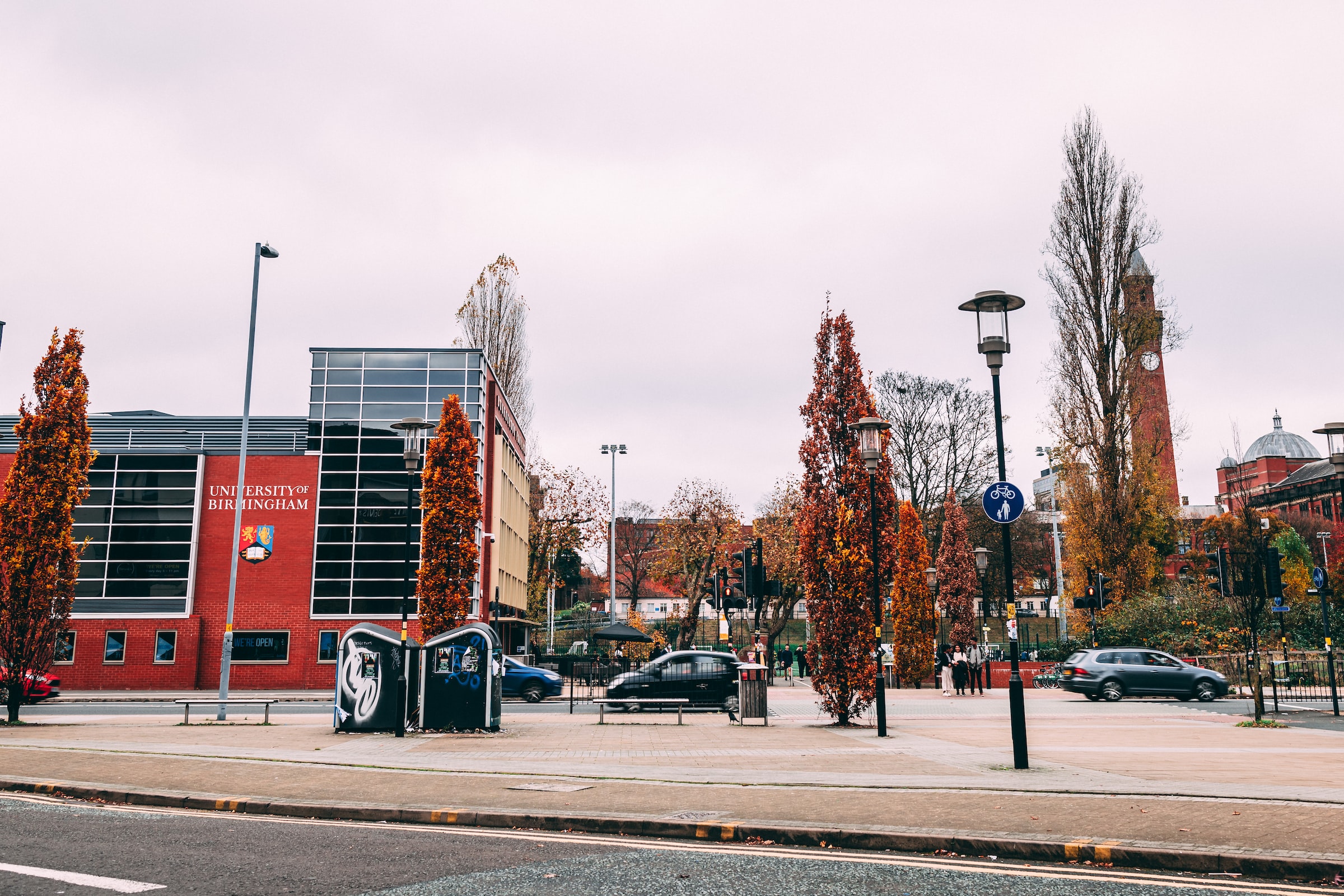
As the pandemic continues to disrupt sport across the world, Andy Brennan assesses what COVID-19 means for Formula 1
The 2020 Formula One season has spiralled into turmoil, with many races already cancelled as a result of the COVID-19 pandemic.
The Chinese Grand Prix, which was to commence in mid-April, had already been abandoned due to the heavy concentration of infections in China. However, with McLaren pulling out of the Australian Grand Prix as news broke of a staff member testing positive for the disease earlier in March, the first six races of the season were postponed, with governments and race organisers alike concerned about the high density of international spectators gathering to watch the races. The seventh Grand Prix of the season, at the iconic road circuit in Monaco, has already been cancelled.
“Severe logistical difficulties may occur with any potential rescheduling
This phenomenon is not unique to Formula One, as it joins a number of sports and leagues who have cancelled or postponed their events and seasons in an effort to contain the novel coronavirus. Yet, the advent of the Formula One season occurs at the point where many other sports begin their conclusion and with a large chunk of the season already in jeopardy, it is unclear where in the F1 calendar these races would potentially commence. The first six races already occupy nearly two months of the sport’s annual schedule, meaning severe logistical difficulties may occur with any potential rescheduling.
F1’s managing director Ross Brawn posited that the sport’s three-week summer break may have to instead accommodate these cancelled races. However, this solution alone would not guarantee that the season is completed in full. With teams needing several months at the end of the year in order to conceptualise and construct their vehicles for the new season, there is a real possibility that this season never finishes.
For this to transpire now is particularly untimely, as teams have already been preparing for the 2021 season where the first drastic changes to the vehicular formula since the introduction of the V6 Turbo hybrid in 2014 were set to be implemented. For mechanics, a sufficient period of time is needed in order for their cars to be properly built. Even two-tenths of a second lost in the car due to a shorter off-season could lose several millions of pounds for their team in prize money.
“There is also the question of financial deficits incurred by the venues
Furthermore, there is also the question of financial deficits incurred by the venues. Both the Dutch and Vietnamese Grand Prix have new venues built in the past year. In cancelling these events, the track managers are unable to repay the enormous debts created in the venue’s construction with the revenue that this year’s races were set to generate. For Vietnam in particular, their addition to the Formula One calendar was conceived as part of an effort to boost tourism in the area. However, with the COVID-19 crisis, the venue is now left with a burgeoning debt it is unable to indemnify.
It is still too early to identify the full impact the pandemic will have on Formula One, but it is already clear that the brows of Ross Brawn and Chase Carey are furrowed with concern.

Comments